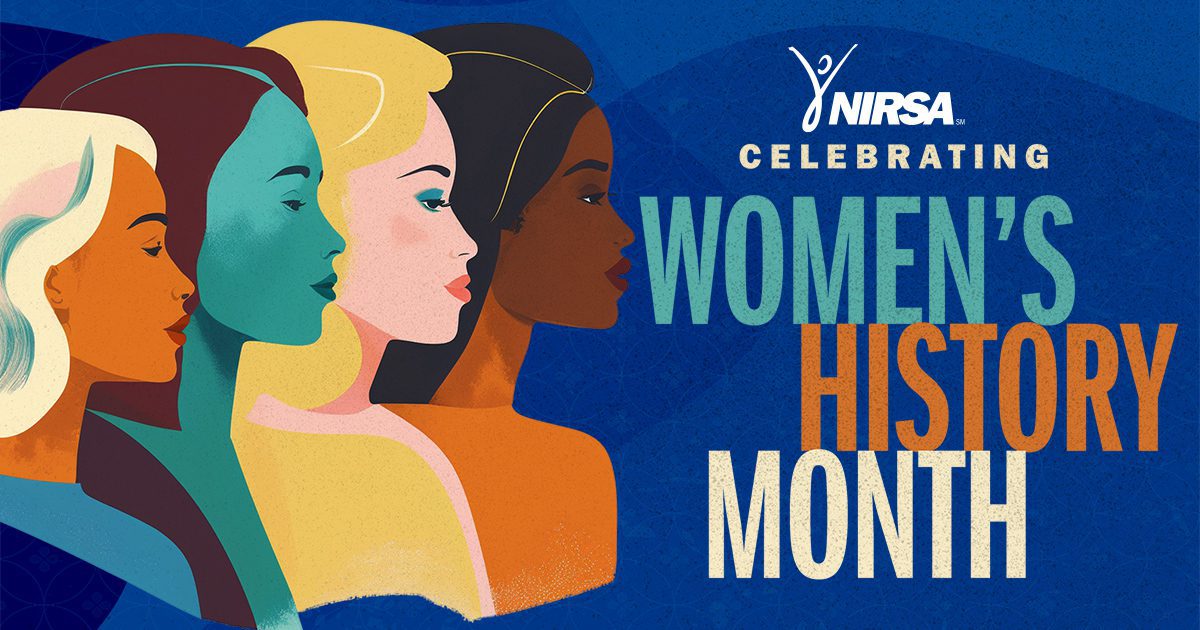Black History Month Conversation Series
In our newest Conversation Series, we highlight and celebrate Black History Month. During the month of February, we will highlight and celebrate a number of Region IV’s professionals that identify as Black or African American.
Episode 3 | Michael Adeyemo and Ayo Lawal
In this episode of our Black History Month Conversation Series, we chat with Michael Adeyemo, Assistant Director of Informal Recreation at Sam Houston State University and first-generation American, and Ayo Lawal, Coordinator of Facility Operations at Prairie View A&M University, a Historically Black College or University (HBCU).
The conversation begins with both Michael and Ayo sharing their paths in recreation to their current roles, from entry level student positions to full-time gigs, before transitioning to a discussion about the meaning of Black History Month and how each celebrates his identity. Michael shared these thoughts:
It’s a time to reflect on where we’ve come as a community, as well as give thanks and tribute to it. Growing up in life, and in our field of campus rec, there are countless examples of African American men and women that went through harder times than we did. And the level of comfort that we have now, even though everything that’s going in with the world today, was only achieved because of them.
I identify as an African-American man. For me, it’s maintaining my sense of self-awareness. I know that as a Black man, I have a level of impact within my community, within myself for my family, my friends. So for those younger than me, or my students, it’s reminding them when I’m in that room, I’m no less or I’m no better than that person that doesn’t look like me. I got to my spot because of who I am, not what I am.
The discussion turned to their experiences working with and for people who look like them, and Ayo shared his experience working at an HBCU:
I went to school at UTSA and Texas State, you know PWIs (Predominantly White Institutions), then being employed and working at an HBCU are two totally different aspects. But, it’s a lot of the same issues and a lot of the same problems; people are people no matter what they look like or who they are. There’s a lot of similarities in everything we do in the NIRSA world.
Working at Prairie View has definitely opened a different light of mine in the kind of students that we have here. We have some of the brightest, we have some of the most incredible students that anybody can ever ask for, but a lot of people might not think that those kinds of students reside at HBCUs and whatnot. But I’m definitely trying to change the realm of that and getting people to notice that there are quality folks that come from HBCUs. The old stigma of HBCUs should definitely be thrown out because times are changing, people are changing, and people just want to be great.
After each shared a list of incredible mentors and role models, many of which are still fixtures in Region IV, Michael and Ayo shared some advice for aspiring Black professionals:
- Always remember where you came from
- Understand the difference between obligation and responsibility
- Challenge yourself; it’s all about how you bounce back
- Stay positive
When asked what non-Black people can do in an effort to be good allies in pursuit of racial justice, Michael and Ayo provided these thoughts:
- “Don’t be afraid to ask about our experience.”
- “Sometimes silence hurts more than action. There’s gonna be times you’re going to see something wrong, and you know that you don’t agree with it. The worst thing you can do is nothing about it.”
- Remain unbiased and listen
To connect with our participants, feel free to reach out to Michael and/or Ayo.
About Black History Month
Black History Month is the annual celebration of achievements by Black and African Americans and a time for recognizing their central role in U.S. history. Also known as African American History Month, the event grew out of “Negro History Week,” the brainchild of noted historian Carter G. Woodson and other prominent African Americans in the early 1900s. Since 1976, every U.S. president has officially designated the month of February as Black History Month.







